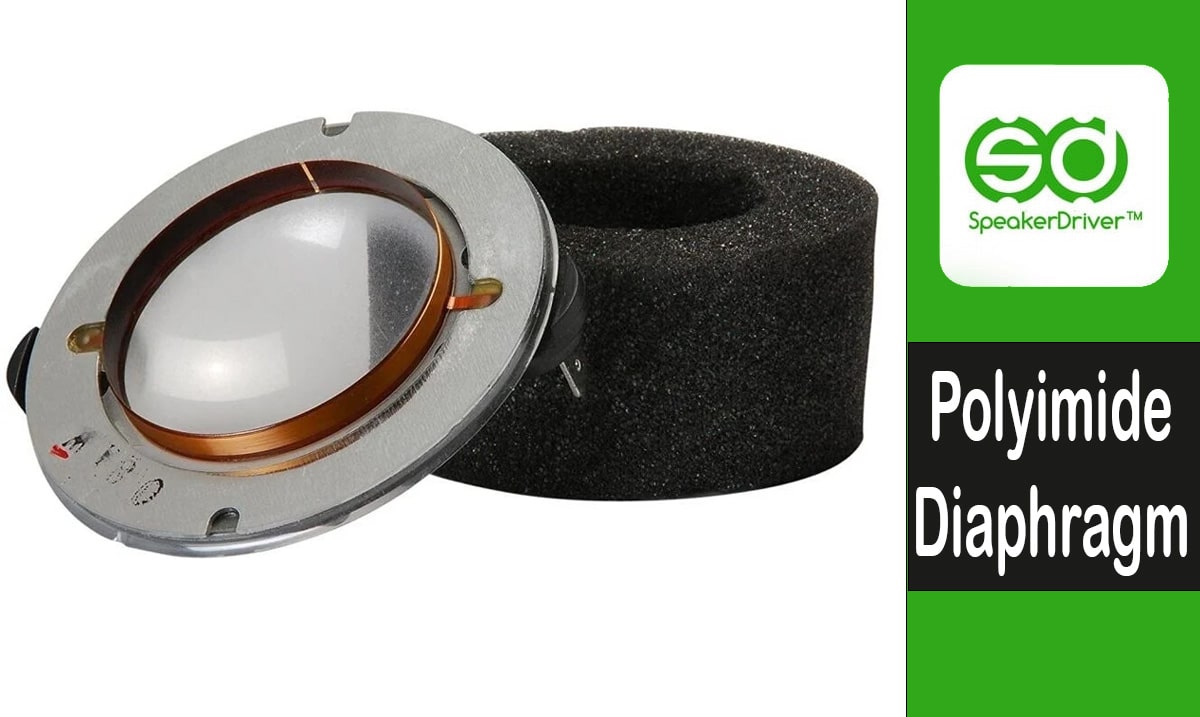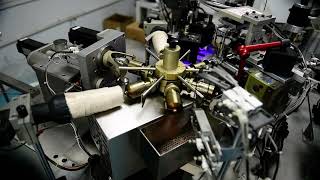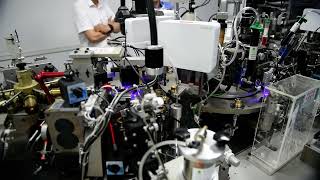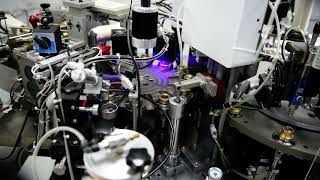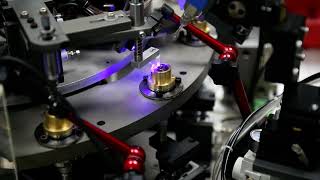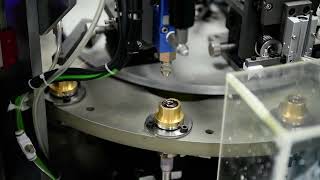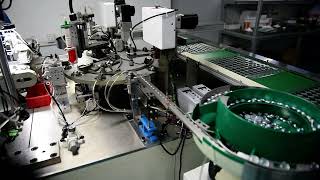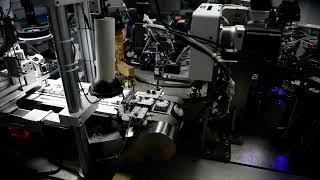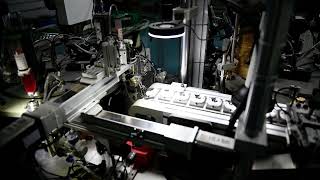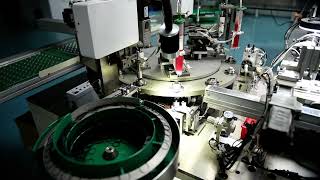What is a Polyimide Diaphragm and Applications?
Polyimide diaphragms are cutting-edge components used in speaker drivers and acoustic systems. Renowned for their thermal stability, lightweight structure, and exceptional mechanical properties, these diaphragms are revolutionizing the audio industry. Understanding what a polyimide diaphragm is and how it functions can help manufacturers and audiophiles make informed choices in acoustic design.
What is a Polyimide Diaphragm?
A polyimide diaphragm is a thin, flexible membrane made from polyimide film — a high-performance polymer known for its ability to maintain shape, flexibility, and strength at extreme temperatures. These diaphragms are commonly used in miniature speaker drivers, microphones, and other transducers due to their resilience, acoustic responsiveness, and longevity.
-
Material Composition:
Polyimide films like Kapton® are used in diaphragm construction. These films offer superb dimensional stability, chemical resistance, and low mass, making them ideal for high-frequency response applications.
- Thermal Resistance: Withstands temperatures from −269°C to 400°C without degradation.
- Mechanical Strength: High tensile strength with minimal deformation under stress.
- Acoustic Properties: Low mass and high rigidity lead to precise and rapid diaphragm movements, enhancing clarity and sound fidelity.
-
Advantages of Polyimide Diaphragms:
- Lightweight Construction: Enhances high-frequency response and improves transient accuracy.
- Durability: Highly resistant to environmental stress, moisture, and chemical corrosion.
- Consistency: Manufacturing tolerances can be tightly controlled, ensuring uniform performance across production batches.
-
Applications of Polyimide Diaphragms:
- Micro Speakers: Commonly used in mobile phones, tablets, and compact electronics due to their ability to handle high frequencies with clarity.
- Hearing Aids: Polyimide diaphragms ensure lightweight, low-distortion sound reproduction critical for audiological devices.
- MEMS Microphones: Utilized in ultra-compact condenser microphone designs for smartphones, wearables, and IoT devices.
- Automotive Sound Systems: Withstand extreme temperature ranges while delivering high-definition audio in harsh environments.
-
Comparison with Other Diaphragm Materials:
- Paper Diaphragms: While paper offers good tonal warmth, it lacks the consistency and durability of polyimide under environmental stress.
- Mylar (PET): Cheaper and flexible, but with lower thermal and mechanical performance compared to polyimide.
- Metal Domes: Provide rigidity and output, but are heavier and more prone to breakup at high frequencies than polyimide membranes.
Comparison Table: Polyimide vs. Other Diaphragm Materials
| Material | Thermal Resistance | Durability | Acoustic Performance | Applications |
|---|---|---|---|---|
| Polyimide | Very High (up to 400°C) | Excellent | High-frequency clarity and stability | Micro speakers, MEMS, automotive |
| Paper | Low | Moderate | Warm, natural sound | Budget speakers, vintage audio |
| Mylar (PET) | Moderate | Good | Balanced but limited at extremes | Basic headphones, microphones |
| Metal Dome (Aluminum/Titanium) | High | Good | Accurate, sometimes harsh | Hi-Fi tweeters, studio monitors |
Conclusion
Polyimide diaphragms offer a powerful balance of lightweight responsiveness, thermal durability, and consistent acoustic performance. Their use is growing in compact, high-fidelity audio applications from smartphones to professional-grade transducers. For manufacturers seeking high-performance and reliability, polyimide is becoming a top-tier material choice.
For precision-engineered polyimide diaphragms, trust SPEAKER DRIVER™️, a leader in cutting-edge acoustic components and driver technologies.
